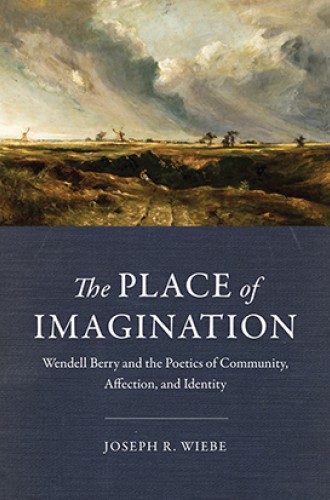Are Wendell Berry's Port William stories about racism?
According to Joseph Wiebe, Berry's vision of rural life starts with his reckoning with Kentucky, the Shawnee, and black slavery.
American food culture is saturated with all things organic, farm-to-table, composted, eco-friendly, and local. From the growth of community-supported agriculture to the rise in the popularity of homesteading, a new surge of Americans have “discovered” the joys and simplicity of rural life by living closer to the ground. In many ways, these inspired folks are trying to reproduce the vision of Wendell Berry, who has long been revered for his critiques of industrial agriculture and his enticing call back to rural towns, farmland, and dirt.
But for those eager to imitate Berry through land-based practices, Joseph R. Wiebe offers a caution. Wiebe, who teaches religion and ecology at the University of Alberta, argues that Berry’s fiction, particularly the Port William stories, reveals that learning to belong to a place is a process that requires the work of imagination and affection. The goods of rural life, according to Wiebe, are good only insofar as they “participate in a healthy social imagination of the place in which they are performed.” Imagination, more than technique or tradition, is the formative capacity that most influences human action and communal life. More than advocating for a new system of local agricultural practice, Berry’s writing reveals his struggle to reckon with the inextricable link between land and people, particularly as that struggle is enacted through his family’s involvement in the legacy of racism.
For Wiebe, the ultimate value of Berry’s fiction is its poetics—its ability to re-form human life through the work of the imagination. “The work of imagination is a work of self-interrogation,” not a head-in-the-clouds escapism. Imagination asks that we see a thing for what it is and, in so doing, acknowledge the claim the thing makes upon us. This work of self-interrogation begins, for Berry, in the return to his native Kentucky, which compels him to reckon with the ways he and his family violated the relationship of land, place, and people by the forcible removal of the Shawnee people and the enslavement of African Americans who worked the stolen land. “Berry’s racial concerns are central to his agrarianism.”






